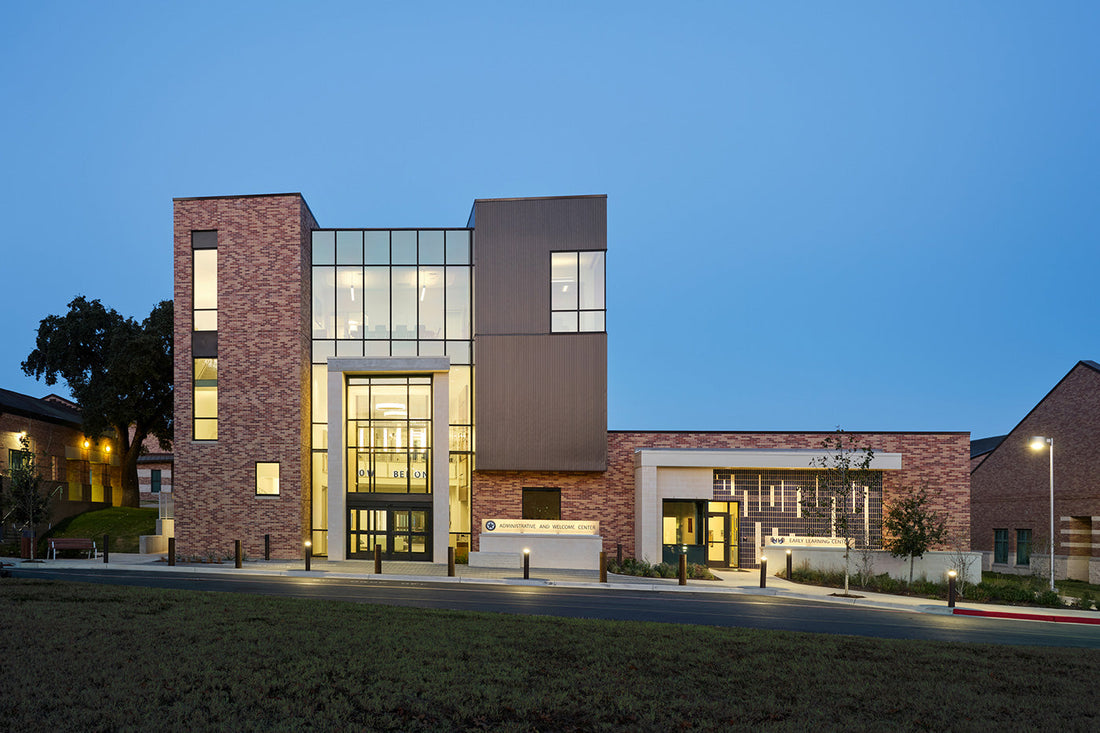
Deaf Schools in Texas: A Complete Guide
Share
Table of Contents
- Introduction
- How to Choose a Deaf School in Texas
- Deaf Schools in Texas
- Texas School for the Deaf (TSD)
- Jean Massieu Academy
- Regional Day School Programs for the Deaf (RDSPD)
- State-Specific Resources for Families
- Frequently Asked Questions (FAQ)
- Conclusion
Introduction
Choosing the right school for a deaf or hard of hearing student is a life-changing decision. Texas offers specialized educational opportunities designed to foster language, culture, and academic growth. This guide highlights deaf schools in Texas, resources for families, and answers to common questions.
How to Choose a Deaf School in Texas
When considering deaf schools in Texas, parents will need to explore the program type, communication philosophy, curriculum, and support services. All of these factors are critical to a student's success.
Types of Schools
Texas has residential schools and mainstream programs operated by the state with interpreting services. Residential schools like the Texas School for the Deaf (TSD) provide a culturally rich ASL environment, whereas mainstream schools integrate deaf students with hearing students by using interpreters and assistive technology.
Language Approach
There are some families who prefer that American Sign Language (ASL) be the language of instruction, while others prefer a bilingual approach using ASL and written and spoken English. TSD specializes in bilingual education, which allows students to become proficient in both ASL and English.
Curriculum and Programs
Strong deaf schools in Texas provide a mix of academics, arts, athletics, and vocational training. Look for schools with STEM programs, leadership, and career preparation.
Support Services
Support is essential to student success. Audiology, counseling, speech therapy, and after-school programs are a few of the services that offer students one-on-one assistance and succeed in every avenue of life.
Deaf Schools in Texas
Texas School for the Deaf (TSD)
- Location: Austin, TX
- Website: https://www.tsd.state.tx.us
- Grades Served: PreK–12
- Unique Programs / Features: Bilingual ASL/English curriculum, residential life, athletics, vocational training, family education programs
- Fact: Founded in 1856, TSD is the oldest continuously operating public school in Texas.
Jean Massieu Academy
- Location: Arlington, TX
- Website: https://www.jma.education
- Grades Served: K–12
- Unique Programs / Features: Charter school with ASL/English bilingual education, small class sizes, individualized instruction
- Fact: Jean Massieu Academy is named after a pioneering deaf educator from France who helped establish bilingual education for the deaf.
Regional Day School Programs for the Deaf (RDSPD)
- Location: Available in a number of Texas school districts
- Website: Texas Education Agency RDSPD Info
- Grades Served: Varies by district, typically PreK–12
- Unique Programs / Features: Local programs with interpreting services, speech therapy, and mainstreamed classrooms
- Fact: RDSPD allows students to attend school close to their homes while still accessing specialized deaf education services.
State-Specific Resources for Families
Texas has available resources, programs, and advocacy groups that can benefit deaf and hard of hearing student families.
- Texas School for the Deaf Outreach Program – Provides support services, family workshops, and state-wide training for educators.
- Texas Hands & Voices – A family organization advocating for deaf and hard of hearing child parents, offering mentorship and advocacy.
- Texas Education Agency (TEA) – Offers information about special education services like RDSPD and interpreter assistance in public schools.
Local Texas communities also hold deaf cultural events, ASL courses, and support groups that allow families to easily connect and develop together.
Frequently Asked Questions (FAQ)
1. Is there a deaf school in every part of Texas?
Not all deaf schools exist within cities. Texas does have statewide options like TSD in Austin, charter schools like Jean Massieu Academy, and RDSPD programs through local districts.
2. How are state schools and mainstream programs different?
State schools like TSD provide an environment where the child has greater access to ASL, while mainstream programs generally place deaf students in general classrooms with an interpreter and a supporting aide.
3. How do parents enroll?
For TSD, families may apply on the Texas School for the Deaf website. For RDSPD, families can call their local school district or Texas Education Agency.
4. Is there free ASL learning available in Texas?
Yes. There are many community colleges, libraries, and organizations like Texas Hands & Voices that offer low-cost or free ASL classes.
5. Are teachers in Texas deaf education certified?
Yes. There are deaf education certification programs available at Texas universities, some with online or blended components for experienced educators.
Conclusion
Texas schools for the deaf, such as the Texas School for the Deaf and Jean Massieu Academy, offer diverse and engaging learning opportunities for students. Families can make informed, confident decisions that serve their child's language and academic growth by investigating these schools and available state resources.
